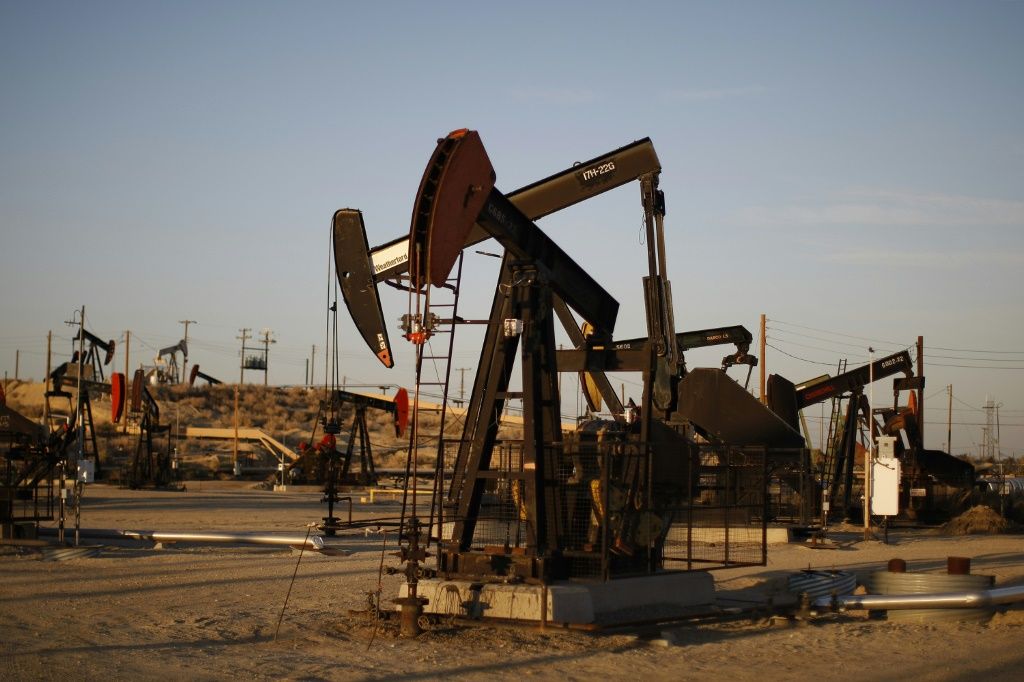Energy was a central theme of Wednesday evening’s Republican presidential debate in Miami. Candidates took questions on fracking and energy security, with all five participants advocating for increasing oil and gas production in the United States.
“We should focus not just on being energy independent; we should focus on being energy dominant,” said South Carolina Senator Tim Scott, whose FiveThirtyEight polling average is 2.2%. Scott pledged to immediately approve the Keystone XL pipeline and remove restrictions on new oil and gas exploration, if elected.
“Drill. Frack. Burn coal. Embrace nuclear,” biotech executive Vivek Ramaswaamy said when describing his energy strategy.
“We are going to unleash every bit of American energy, every bit of its potential,” former New Jersey Governor Chris Christie said.
Former President Donald Trump took a similar position on U.S. energy policy at a simultaneous rally held in nearby Hialeah, Florida. “We’re going to drill, baby, drill,” he said. “We’re going to bring down your energy costs.”
The U.S. is the world’s largest producer of both crude oil and natural gas products, according to the U.S. Energy Information Agency. Daily crude oil production in the U.S. climbed above 13 million barrels per day in August, the most recently available data, marking an all-time record. The U.S. became a net exporter of energy products in 2019.
Haley Accuses DeSantis Of Environmental Liberalism
Former UN Ambassador and South Carolina Governor Nikki Haley sparred with Florida Governor Ron DeSantis over the former’s energy record.
DeSantis “has opposed fracking, he’s opposed drilling,” Haley said, claiming that the Florida governor is “a liberal when it comes to the environment.”
“I don’t think it’s a good idea to drill in the Florida Everglades. And I know most Floridians agree with me,” DeSantis rebutted.
In DeSantis’ first campaign for governor he pledged to “fight to prevent oil drilling off Florida’s coast,” citing concerns over the potential impact on tourism. Florida voters approved an offshore oil and gas ban in November 2018, before DeSantis took office.
The Florida governor noted that his energy plan contains measures to increase domestic pipeline construction, as well as boosting oil and gas production on federal lands in an effort to increase U.S. fossil fuel output.
DeSantis and Haley are the second- and third-highest average polling candidates in the GOP field, with 14.1% and 8.7%, respectively. Each distantly trails Donald Trump (56.6%), whose polling average on FiveThirtyEight has remained above 50% since April 3.







